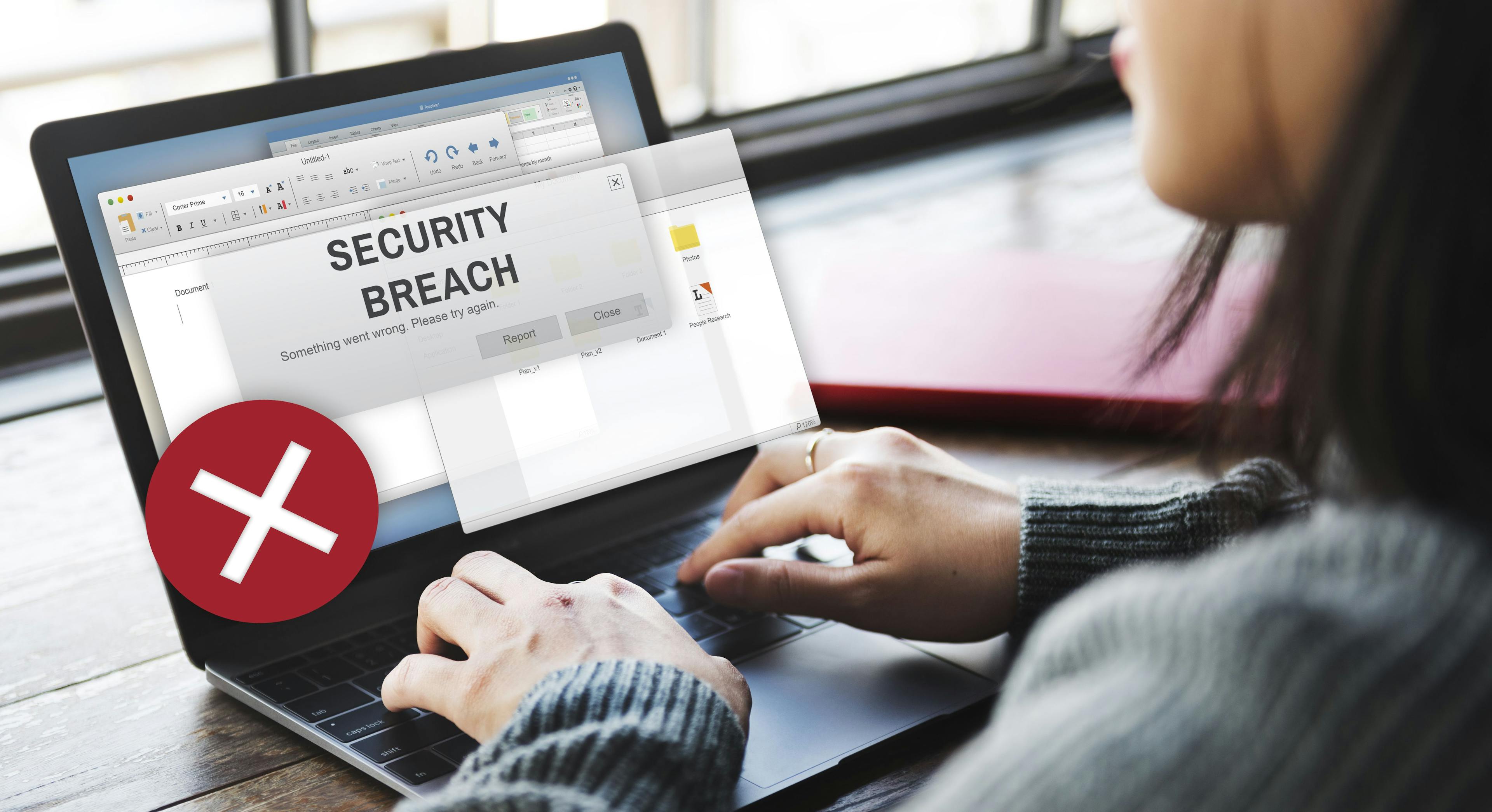236 reads
Thoughts After The Colonial Pipeline/Darkside Cyber Attack
by
May 22nd, 2021

Our AI-powered quality engineering services to enhance speed, quality, security and UX.
About Author
Our AI-powered quality engineering services to enhance speed, quality, security and UX.
